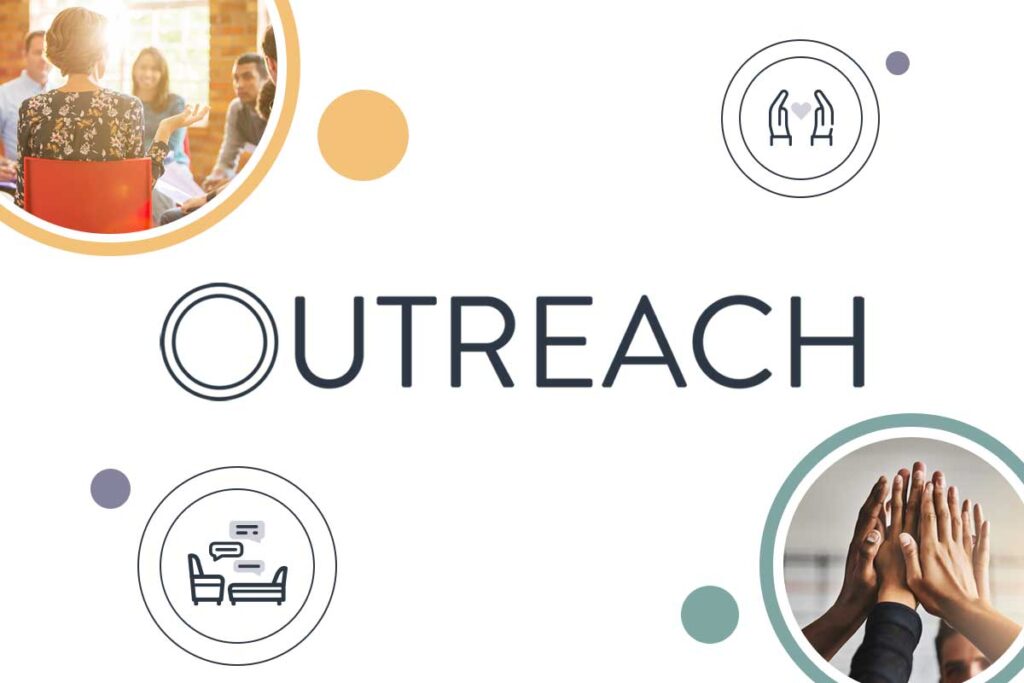Here at Outreach Recovery, we know that the opioid crisis isn’t over.
And if you’re suffering from addiction, we can help you find a road to recovery.
Through therapy and medication options for opioid addiction, you can find the way to sobriety.
As of 2014, over 2.5 million Americans experienced opioid abuse. Many people have a difficult time finding the right recovery treatment. We at Outreach Recovery in the Mid-Atlantic know that there is no one size fits all solution, and each individual needs to discover their own unique path sobriety. It takes time, patience, and assistance from medical professionals. We recommend connecting with a Suboxone doctor (a doctor specializing in opioid addiction treatment) and a therapist to help create a recovery plan.
That being said, we still think it’s helpful to know about the top prescribed medications for opioid addiction treatment. Just a reminder that opioid addiction includes substance abuse of opioid, heroin, fentanyl, morphine, and opioid-based painkillers.
A Medication Assisted Treatment (MAT) will typically use one or more of these medications for these kinds of addictions.
Buprenorphine (a.k.a. Probuphine®)
Buprenorphine is a drug that mimics an opioid, which reduces the need to use opioid drugs. It also reduces withdrawal symptoms that typically come from stopping opioids altogether.
Methadone
Methadone is a more commonly known medication for opioid addiction, and similar to Buprenorphine, mimics opioid effects on the brain. It subdues the need to use the offending drug and makes sure the patient does not have a sensation of feeling “high” while they are taking it. These two effects combined lessen withdrawal symptoms.
Naltrexone (a.k.a. Vivitrol®)
Naltrexone is a little different from the above drugs because it blocks any interaction from opioids instead of mimicking the interaction. Blocking the interaction primarily stops patients from relapsing back into abuse. Naltrexone may not manage cravings in the same way as the other medications do.
Some patients will find one medication works best, while others have to try a few options before finding the right fit. Even so, there’s no shame in asking for help or utilizing a recovery center like Outreach Recovery for guidance in the process.
Like many other mental health issues and substance abuse problems, treatment is most effective when combining medication with therapy. Outreach Recovery provides support through appointments with Suboxone doctors, mental health professionals, and more. While medication is crucial to recovery, working through what may have led to addiction in the first place is just as important.
We know that the journey is not easy, but asking for help is the right step to recovery. While it may feel overwhelming at times, Outreach Recovery is here to make sure you have the tools you need to reach the light at the end of the tunnel.
Recovery is possible, and we’re here to help you get there. Contact us today to learn more about our addiction recovery services.

